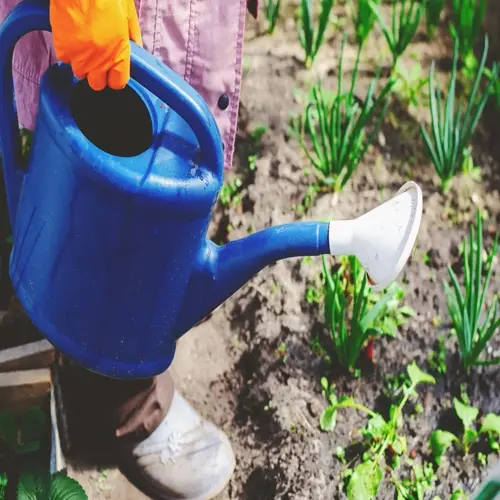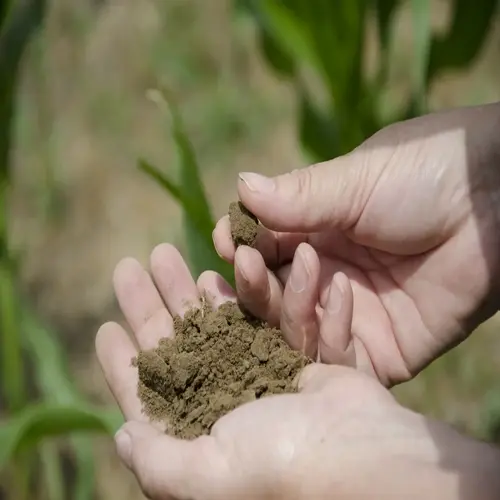Can I accurately test soil myself without kits?

Written by
Michael Sullivan
Reviewed by
Prof. Samuel Fitzgerald, Ph.D.It's possible to do basic soil texture and pH tests using items you probably have at home, without purchasing a kit. Straightforward tests, such as jar tests and the vinegar test, can provide an indication of texture. These can provide a quick way to roughly determine whether your soil is primarily sand, silt, or clay.
Initiate the squeeze test as your first immediate insight into texture. Hold moist soil in your hand and squeeze it with some pressure. Sand soil will crumble instantly, and clay soil will mold into a substantial ball. Loam will hold its shape for a moment before breaking apart. This indicates drainage potential and root development conditions.
Vinegar pH Test
- Mix soil with distilled water to make slurry
- Add vinegar observe fizz reaction
- Fizz indicates alkaline soil above pH 7.0
Jar Sedimentation Analysis
- Layer soil and water in clear jar
- Shake thoroughly then settle 24 hours
- Measure sand/silt/clay percentages visually
These DIY approaches have significant accuracy limitations. Assessing texture does not result in accurate measurements of plant nutrient levels in the soil. The reaction to vinegar only identifies high or low extreme pH ranges, specifically between 4.0 and 5.0 or 8.0 and 9.0. Critical micronutrient deficiencies are completely overlooked.
Before establishing the plant, conduct preliminary texture checks using DIY methods to ensure optimal growth conditions. For concerns about nutrient management or contamination, it is always advisable to seek a professional analysis. Laboratory equipment, including spectrometers, can detect individual elements at levels of parts per million that you would never be able to achieve at home.
Utilize both techniques in a prudential manner: complete jar tests to prepare new beds, followed by lab tests specifically every two to three seasons. This balance presents meaningful information gained immediately while also supporting the exact management of soil health will hopefully support healthy plant growth in the long-term.
Read the full article: Garden Soil Testing: Everything You Need to Know

